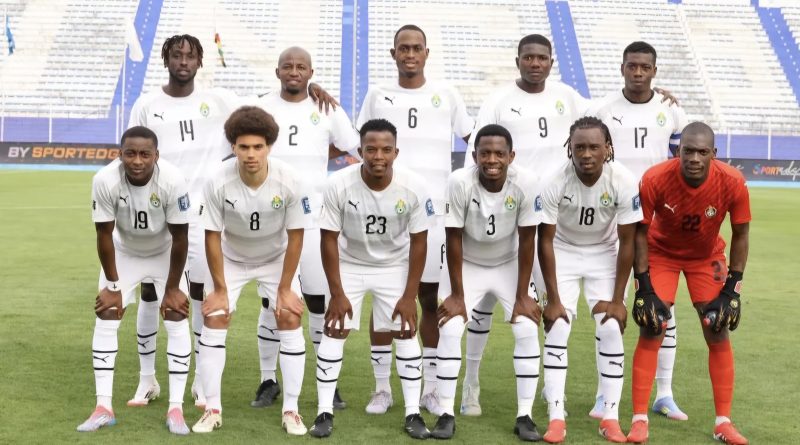Five Lessons Learned From Warriors’ Friendly Matches Against Burkina Faso & Niger
The Zimbabwe Warriors recently participated in two international friendly matches, facing Burkina Faso and Niger. The results were mixed, with a 2-0 loss to Burkina Faso followed by a 1-1 draw against Niger. Despite the outcomes, the matches provided valuable insights into the team’s strengths and areas for improvement. This report outlines five key lessons learned from these encounters.
Here are five lessons learned from the Zimbabwe Warriors’ recent international friendly matches against Burkina Faso and Niger:
1. Emergence of New Talent: The inclusion of new players provided a valuable opportunity to identify emerging talent within the squad. Players like Jonah Fabisch, Isheanesu Mauchi, Tawanda Macheke, Sean Fusire, and Marley Tavaziva showcased their potential, indicating that the team has a promising future. This highlights the importance of integrating fresh talent into the squad to build depth and competitiveness.
2. Lack of Goal Scoring: One of the most pressing issues for the Zimbabwe Warriors is their inability to find the back of the net consistently. The Warriors still need a reliable goal scorer. While Tino Kadewere had a chance to impress after being overlooked in previous selections, the team as a whole needs to work on its finishing skills. In both matches, the team struggled to create clear scoring opportunities, and when they did, they failed to convert. This lack of offensive output puts immense pressure on the defense and limits the team’s chances of securing victories. Finishing techniques and decision-making in the final third could help improve the team’s offensive output.
3. Slow Settling and Adjustment: The Warriors appeared to be caught off guard in their match against Burkina Faso, indicating a slow adjustment to the match environment. This sluggish start can be attributed to a lack of preparation or unfamiliarity with the playing conditions, which ultimately led to a poor performance. The team needs to work on quickly adapting to new environments to avoid being overwhelmed in future matches.
4. Stagnation of Strikers: The current crop of strikers has not shown significant improvement or innovation in their play. Many of the forwards have been part of the squad for a while, yet they continue to deliver lackluster performances without any fresh ideas or strategies. This stagnation limits the team’s attacking options and makes it easier for opponents to defend against them.
5. Resilience and Adaptability: The draw against Niger showed that the Warriors can bounce back and adapt after a disappointing performance. This resilience is vital for the team’s mental fortitude, especially in high-pressure situations. Building a culture of adaptability will help the team respond positively to setbacks in future matches.
Overall, these matches served as a valuable learning experience for the Zimbabwe Warriors, providing insights into areas for improvement while also showcasing the potential of new players.

